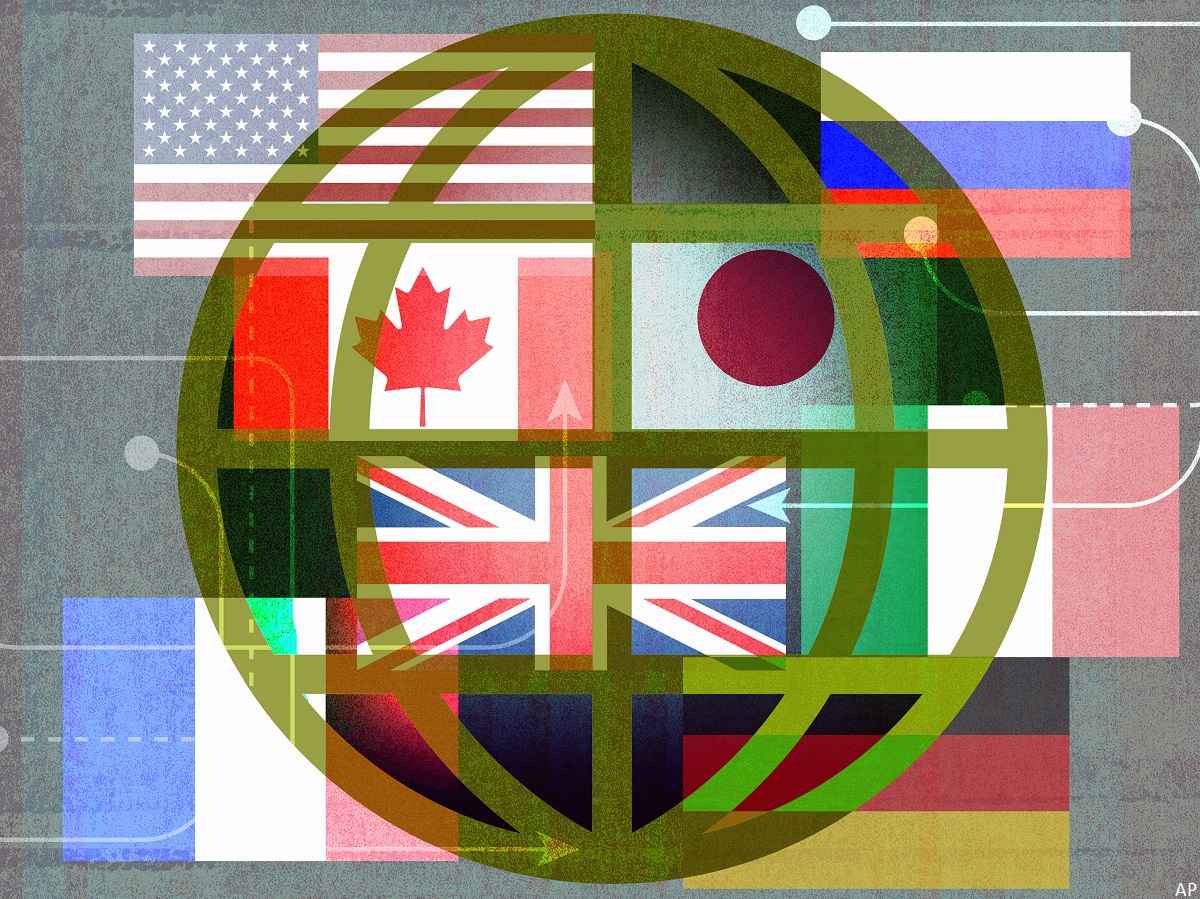
Global Equity funds are popular among European investors: at the end of September more than €1.4 billion was placed in funds categorised as “Global Equity Large Cap”. That represents 34% of the fund market. But the exposure investors are getting might not be as global as they think.
The aims of a stock market index are threefold. First, to reflect what is actually going on in the market by taking its “temperature”, so to speak; second, to create a benchmark against which professional fund managers can be judged; and third, to allow investors to assemble well-diversified, low-cost portfolios.
Morningstar’s Global Markets index measures the performance of stocks located in the world’s developed and emerging countries. But its exposure to the US market is 60%. In MSCI’s World Index, which only covers developed markets, the exposure to the US market is even higher, reaching 70% at the end of September.
In other words, anyone using these indices to monitor the market is seeing a picture heavily distorted by Wall Street. The relative performance of international fund managers against the index will largely depend on how much exposure to the US they are willing to take on. Anyone buying a tracking fund is, in effect, making a big bet on the American market.
US exposure in global indices has increased rapidly during the last decade. The market share has increased 17 percentage points for MSCI World and 15 percentage points for Morningstar Global since November 2012. Why is that?
Why The US Dominates
The high tilt to the US in global indices reflects how America dominates global markets. However, the index weight is more than four times US share of global gross domestic product, after adjusting for purchasing power parity. The gap has also widened since the start of the millennium since the US share of world GDP has been on a downward trend.
“The Morningstar Global Market Index (like the MSCI World Index) is weighted by float-adjusted market capitalisation, which reflects the aggregate market value of all stocks in the index,” explains Alex Bryan, director of product management equity indices at Morningstar.
“This is meant to be a passive representation of the composition of the market. When the value of stocks in a market, like the US, grow at a faster rate than the index, that market will grow to represent a larger portion of the index.”
The US share of the total GDP in the world is obviously not the answer to the country’s heavy market share in global indices, but rather the soaring stock market. According to Bryan, there are several factors behind the outperformance of the American stock market:
“A number of factors have contributed to the outperformance of the US market over the past decade, including sector tilts (for example, the US. market is more tech heavy than most of the world, which helped performance over the past decade), strong earnings growth, and a strengthening dollar, among others,” he says.
Should investors in passively managed global equity funds expect this US tilt to increase?
“We can’t speculate on whether these tailwinds will persist,” Bryan says.
That said, the technology sector has suffered massively this year following the rapid hikes in interest rates and uncertain economic conditions.
Meta has notified job cuts in the region of 11 000 employees and Amazon is planning to cut 10,000 jobs – the largest cull in its history. Apple has not yet advertised any job cuts but is said to be slowing its hiring programme.
Share price-wise, Meta’s stock has fallen nearly 70% year-to-date, Netflix 50%, while Amazon is down 41%. Apple has performed better and is “only” down 17%. For comparison, Morningstar Global Index is -17% in USD and -9% in EUR.
Falls in the technology sector, and especially among the big players mentioned above, might indicate that the big tilt towards the US stock market is on the decrease.
What does it mean for investors?
As an investor in a passively managed global equity fund, your exposure to the US stock market is very large. That’s not automatically bad, but it is important to be aware of it so you can make informed decisions for the composition of the rest of your portfolio.
“A larger exposure to the US isn’t necessarily good or bad, it just mirrors the change in the composition of the global stock market,” Bryan explains.
“That said, this does result in greater geographic concentration, which could reduce diversification, and potentially increase currency risk, depending on the domicile of the investor.
“Still, the market where stocks are listed says very little about where they do business. US stocks (like their counterparts in other markets) do business all over the world. It’s also worth noting that the US stock market is by far the world’s largest, and it is fairly well diversified.”
If you want to increase control over the geographic exposure you have in your total portfolio you can use regional indices to rebalance back to your target weightings. “However, that does increase turnover and transaction costs relative to just holding a global index portfolio,” Bryan warns.
Another valuable lesson is to scrutinise your portfolio to see if you unknowingly have a larger exposure to the US than you might think.
For example, a US-focused fund might not be as valuable to you if you already have a large share in a global index fund. It might therefore be worth diversifying towards different regions to reduce country-specific risks instead.




























